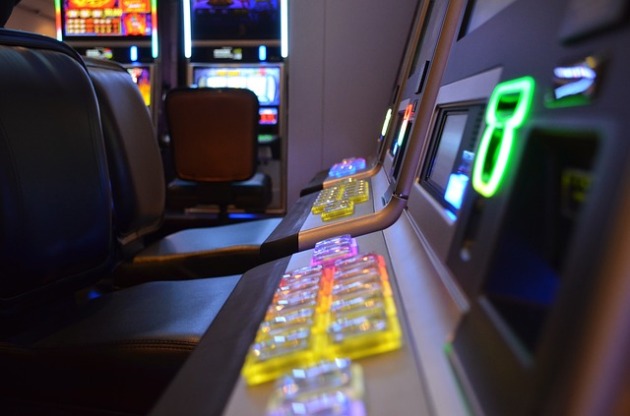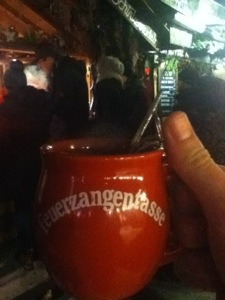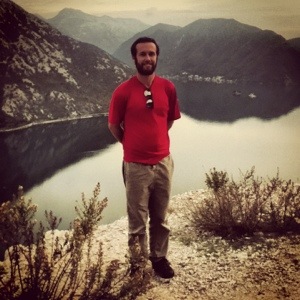Tirana, the capital of Albania, is currently experiencing some inclement weather. Because of this, and the fact that it is dark after 4 pm, I am staying inside my hostel and not exploring the city. But the weather looks like it will be opening up tomorrow.
I spent the last two days in a city known as Elbasan, a mid-sized city with not a lot to offer when it comes to standard tourist attractions, but much if you want to see how normal Albanians live. It was my first stop in Albania, and I’m glad I chose it. A few Peace Corps volunteers are living there, and I was able to couchsurf with one. I’ve been in the “Balkans” for a few weeks now, but I just recently realized that while this word can often be interchanged with “the former Yugoslavia,” this is not always the case. The “Balkans” refers to the mountain range and, as some Croatians and Serbs told me, a certain mentality. But while Slovenia what part of Yugoslavia, it is not considered to be a Balkan state. Albania is the opposite. Though it is a Balkan state, it turns out it was actually an independent (and fairly isolated) communist dictatorship up until the early nineties.
Albania has a noticeably different feel than the former Yugoslavia (which is why my first impression of it was good – “Something new!”), and it took just a quick Google search to find out why. Its people and language are not slavic and, like the now de facto independent state of Kosovo, its inhabitants are mostly Muslim (as are Bosniaks, who make up 48% of Bosnia/Herzegovnia), though in practice very secular like most former communist states. It is also poorer than the rest of the Balkans. The food seems to be quite similar because of the Ottoman influence (example: burek). They also drink a similar homemade alcohol called raki (rakija in the slavic version). I still know very little about the country, but am slowly getting a feel for it and hope to learn more in the next few days. Unfortunately, that is all the time I am able to spend here.














